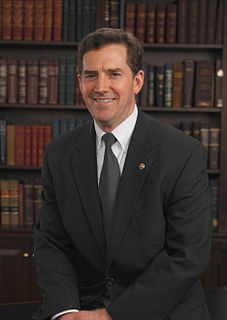A Quote by Annie Lowrey
In functioning high-income countries, the government guarantees the provision of essential goods and services: medical care, transit between cities, supplies for public schools, financial support to weather a period of unemployment.
Related Quotes
What is a government supposed to do for its people? To improve the standard of living, to help them get jobs, get kids to schools, and have access to medicine and hospitals. Government may not directly provide these public goods and services, but government must be accountable for whether or not they are delivered to citizens.
If one sentence were to sum up the mechanism driving the Great Stagnation, it is this: Recent and current innovation is more geared to private goods than to public goods. That simple observation ties together the three major macroeconomic events of our time: growing income inequality, stagnant median income, and the financial crisis.
What does calling this medical care legislation "historic" mean? It means that previous administrations gave up the idea when it became clear that the voting public did not want government control of medical care. What is "historic" is that this will be the first administration to show that it doesn't care one bit what the public wants or doesn't want.
To Republicans, I humbly suggest that we make it possible for Democrats to give up their quest for redistribution of income and wealth by our acceptance of an appropriate role for government in financing those public goods and services necessary to secure a social safety net below which no American would be allowed to fall.
On the local, state and federal level, government is working alongside veteran's organizations and other stakeholders to provide services such as medical assistance, employment resources, and housing support to veterans and their dependents and survivors. But there are still gaps in services that must be rectified.
































